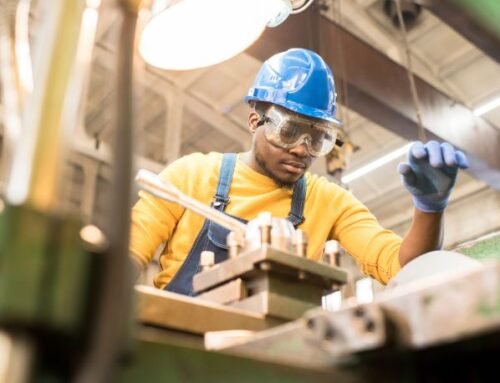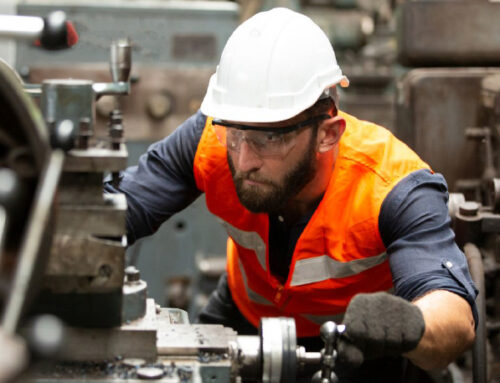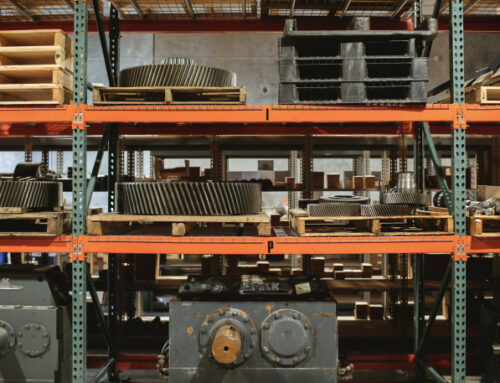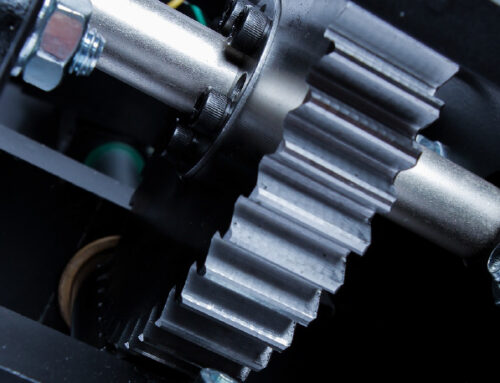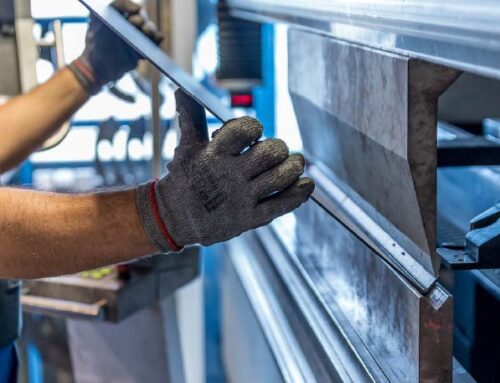A gearbox allows for many different functions, from milling grain to driving cars, to enabling the manufacturing of complex electronics and pharmaceuticals. Here we take a look at the history of gearboxes, industrial gearboxes, and gear reducers.
The History of the Industrial Gearbox
The earliest preserved example we have of a gear is the Antikythera device, found in the Mediterranean Sea and created sometime between 150-100 BC. These gears were used to calculate astronomical phenomena and are described as the oldest example of an analog computer capable of predicting eclipses decades in advance.
Gears also appeared in China around 200-265 AD used as a differential in a chariot, and then as a driver in a mechanical clock in 725 AD. However, the first industrial gearboxes appeared in medieval Europe. This time period is often called the Dark Ages, but significant advances were made. Industrial gearboxes appeared in mills that processed grist, flax, cotton or sawed lumber. They operated by harnessing water and wind power.
 Gearbox Technology Today
Gearbox Technology Today
Modern gears come in a number of forms, which include:
- Spurs
- Helical and double helical
- Bevel
- Worm
- Epicyclic
- Rack
- Pinion
Each of these gears is used to transmit either rotary motion or linear motion, multiply force, such as torque, and increase or decrease speed. Gearboxes are mostly found in stationary applications but are also used in industrial applications in myriad industries, such as the agricultural, industrial, and construction industries.
An industrial gearbox is defined as a set of gears within a casing, but the definition in practice is closer to a box containing gear used to increase or decrease the amount of input torque. Gearboxes can be used either manually, or by coupling it to an electric actuator which can increase the output torque. Gearboxes also use different gears depending on how much output is needed and what direction the output axis has.
The History of Falk Industrial Gearboxes
Now that we’re familiar with the history of gearboxes and their functions, let’s learn more about the company whose name has become synonymous with gearboxes in North America: Falk Corporation.
The Falk Corporation is a Milwaukee, Wisconsin manufacturer of gears, gearboxes, gear reducers, and more. They contributed to the state’s reputation as a manufacturing powerhouse. However, they started as a brewery.
After a devastating fire destroyed the brewery in 1892, Herman Falk decided to change industries and got into manufacturing. He began creating wagon couplings before moving to electric street railway supply. Falk created a process known as a “cast welding” to solve the issue of poor joints between the rails. It wasn’t until 1910, that Falk began to create gears.
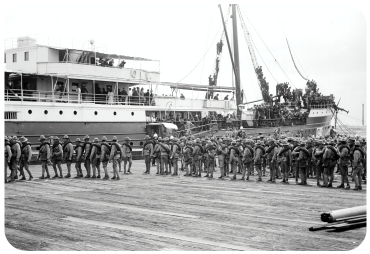
The Falk reversing gear was a pioneering invention that was used to turn propellers on ships during World War II. For the next century, Falk continued to be an innovative leader in the manufacturing of gears, gearboxes, and gear trains for many industries around the world.
In 2005, Falk was sold to Rexnord in Milwaukee, becoming a part of a national network of maintenance and repair services while continuing their primary mission of manufacturing the best quality gears and gearboxes on the market.
Falk Gearboxes & Gear Reducers for Any Industrial Needs
If you are looking for Falk gearboxes, industrial gearboxes, or gear reducers, NW Industrial Sales, LLC offers over 70 years of combined experience serving multiple industries, such as pulp and paper, grain, marine, oil and gas, and more.
We provide quality Falk gearboxes and surplus gearbox parts and gear reducers as well as fluid sealing solutions for any application. Take a look at our extensive inventory. We are also proud to be agents of Rexnord Industrial Services, giving you access to their nationwide maintenance network.
Contact us today to find out more or to speak to one of our specialists. We are available 24/7 to help you.
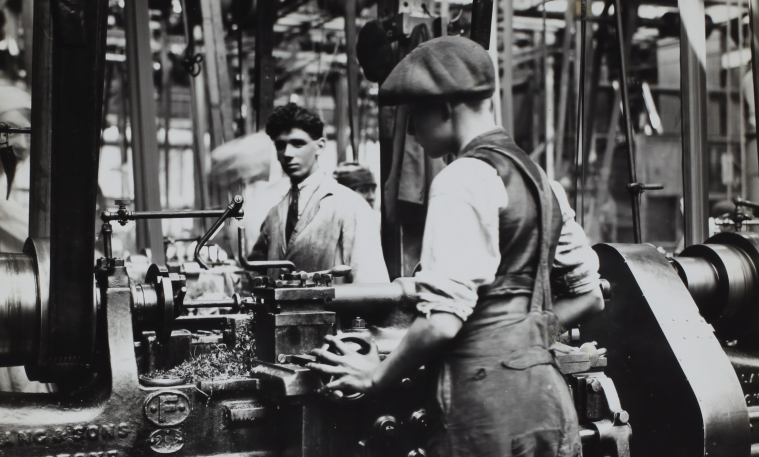
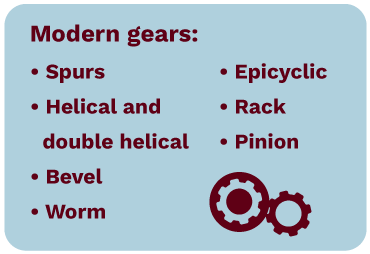 Gearbox Technology Today
Gearbox Technology Today